What makes a good leader?
If you could scale the leaders in your organization, would it dramatically improve your business?
Plenty of evidence exists to support the idea that improved leadership would not only help you scale faster, but attract better quality applicants, and retain those people once they become a part of your team.
What makes great leaders?
If you could visually see where your leadership skills need to improve, would it help you to improve?
We’d hope so, wouldn’t we?
Some leaders refuse to believe or are unwilling to think they need to improve their leadership style.
These are leaders with fixed mindsets.
In Lie #9: Leadership is a Thing, .jpeg?width=300&name=Lie%20%239%20Leadership%20is%20a%20Thing%20(All%20Leaders%20Are%20Different).jpeg) Marcus Buckingham and Ashley Goodall’s looked at the best leaders. They determined you can NOT predict someone who with the very same qualities as those of these best leaders would also be a capable leader.
Marcus Buckingham and Ashley Goodall’s looked at the best leaders. They determined you can NOT predict someone who with the very same qualities as those of these best leaders would also be a capable leader.
Qualities alone don’t make for great leaders. It’s how you use these qualities, and whether you utilize them.
The Leadership Circles believes you can Scale Leadership. The Leadership Circles research indicates there are two primary leadership domains, Creative Competencies, and Reactive Tendencies. (See Solving the Leadership Puzzle – Leadership Circle Profile (360) – San Antonio ScaleUp Summit to learn more.)
A recent article, How Can You Be Sure Your Company Has Exceptional Leaders? A New Study Boils It All Down to 1 Skill, shares new research from BetterUp concluding employees who receive personalized coaching feel empowered, improve well-being and perform more cohesively and productively. This research supports much of the Leadership Circle’s studies. Leadership Circle’s assessment indicates leadership is best when it’s relational and proactive.
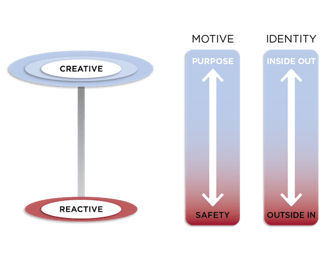 SEE WHERE YOU NEED TO IMPROVE
SEE WHERE YOU NEED TO IMPROVE
Any work to improve skills requires beginning with an assessment of where you are now. Take the Leadership Circle Self-Assessment Tool to discover your leadership skills and where you need to improve.
You may not like the results (one of my former customers refused to believe his assessment results). This is a good starting place to understand where you are, and how to move forward to become a better leader.
In Nine Lies About Work: A Freethinking Leader’s Guide to the Real World, Marcus Buckingham, and Ashley Goodall provide insight to increase coaching skills by using weekly check-ins and refuting the idea people need feedback but rather need attention. (Lie #5: People Need Feedback – Truth: People Need Attention)
You can choose to use the Leadership Circle’s coaching tools, or work with a company like Metronome Coaches which believes coaching your leaders is one of the critical steps in elevating your company’s performance.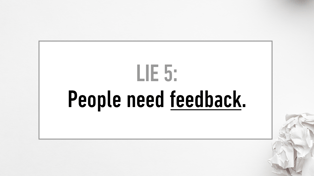
Metronome (3HAG WAY) Coaches include coaching you on how to coach your team to scale your current leadership team and the leadership team of your future. Learning to coach begins in the 2nd year of coaching. We ask you to measure the number of times you have the opportunity to coach the team you supervise. It’s the initial stage of teaching/coaching your team how to become a leader.
In fact in this Inc Article, Why Google Quietly Uses the Power-Law Rule to Pay Its Superstar Employees 'Unfairly' Google discovered good managers produced reasonable results, but outstanding managers produced outstanding results! By Paying "fair" wages, organizations may be underpaying their best employees leading to top talent turnover. (We’ll examine this article further in two weeks.)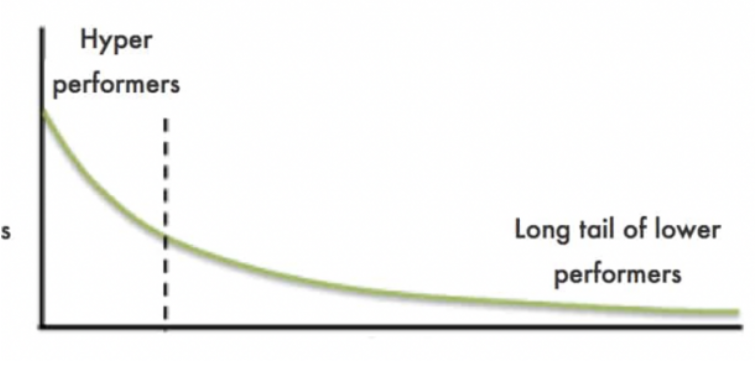
Scaling Leadership
The Leadership Circle Assessment provides a starting point for assessing your leadership skills.
There are several ways to scale leadership, including training them to learn how to coach, immersing them in the leadership habits of meeting rhythms, and providing them with educational platforms to learn from.
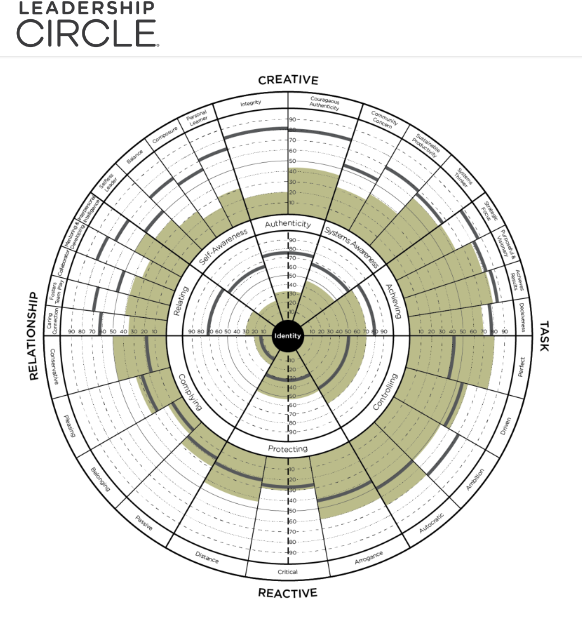 Attitude is critical, as is a growth mindset within your organization, and the leaders who you are coaching.
Attitude is critical, as is a growth mindset within your organization, and the leaders who you are coaching.
The former leader I coached, refused to believe the results of his Leadership Circle Assessment. He did not have a growth mindset. He was trapped in something Patrick Lencioni calls an addiction to interruptions. He was constantly responding to every call or email. Unconsciously it made him feel important. Yet he complained about it because he couldn’t get anything done. He felt no one else could handle these problems. He refused to set aside focus time or hire the right people to accept responsibility for these accountabilities. (Again, his excuse was he was just too %#&*2=! busy! He was blind to addiction.
The assessment, when open-minded to the results, is helpful to see your strengths and weaknesses and to discover a path to improve.
To create an environment where everyone is inspired to give their best, contact Positioning Systems today to schedule a free exploratory meeting.
Growth demands Strategic Discipline.
 On average, 70 percent of buying decisions are made before prospects talk to your company. In They Ask, You Answer: A Revolutionary Approach to Inbound Sales, Content Marketing, and Today's Digital Consumer, Marcus Sheridan, believes “content marketing” is simply the act of teaching and problem solving to earn buyer trust. To build trust, you must not be afraid to answer any and every question your prospect or customer may have. That’s the next blog.
On average, 70 percent of buying decisions are made before prospects talk to your company. In They Ask, You Answer: A Revolutionary Approach to Inbound Sales, Content Marketing, and Today's Digital Consumer, Marcus Sheridan, believes “content marketing” is simply the act of teaching and problem solving to earn buyer trust. To build trust, you must not be afraid to answer any and every question your prospect or customer may have. That’s the next blog.
Building an enduring great organization requires disciplined people, disciplined thought, disciplined action, superior results, producing a distinctive impact on the world.
-1.jpg?width=296&name=3%20Disciplines%20of%20Execution%20(Strategic%20Discipline)-1.jpg) Discipline sustains momentum, over a long period of time, laying the foundations for lasting endurance.
Discipline sustains momentum, over a long period of time, laying the foundations for lasting endurance.
A winning habit starts with 3 Strategic Disciplines: Priority, Metrics, and Meeting Rhythms. Forecasting, accountability, individual, and team performance improve dramatically.
Meeting Rhythms achieve a disciplined focus on performance metrics to drive growth.
Let Positioning Systems help your business achieve these outcomes on the Four most Important Decisions your business faces:
|
DECISION |
RESULT/OUTCOME |
|
PEOPLE |
|
|
STRATEGY |
|
|
EXECUTION |
|
|
CASH |
|
Positioning Systems helps mid-sized ($5M - $250M+) businesses Scale-UP. We align your business to focus on Your One Thing! Contact dwick@positioningsystems.com to Scale Up your business! Take our Four Decisions Needs Assessment to discover how your business measures against other Scaled Up companies. We’ll contact you.
NEXT BLOG – They Ask, You Answer – The Value of Transparency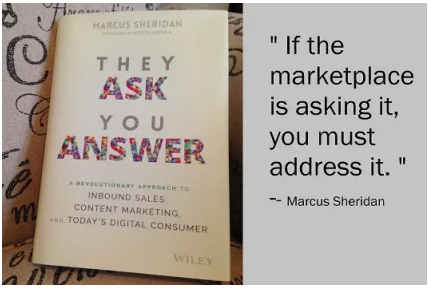






.jpeg?width=150&height=135&name=Hand%20with%20marker%20writing%20the%20question%20Whats%20Next_%20(1).jpeg)

